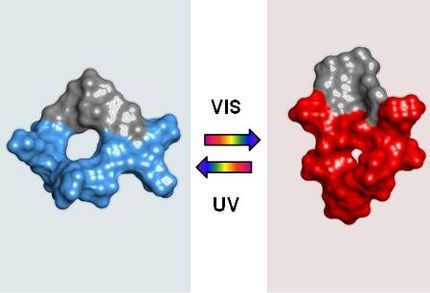Chemokine Therapeutics Announces Final Results of CTCE-9908 Phase I/II Clinical Trial in Late Stage Cancer Patients
Chemokine Therapeutics Corp. announced positive data following the successful completion of the Phase I/II clinical trial for CTCE-9908, the Company's anti-cancer drug candidate. The primary objective of this Phase I/II clinical trial was to determine the tolerability and safety profile of repeated administration of CTCE-9908. The secondary objective was to evaluate early signs of efficacy such as tumor stabilization and reduction of tumour growth and spread. A total of 25 patients with advanced metastatic disease who stopped responding to standard treatments or for whom no curative therapy exists were enrolled into the study and received at least one dose of CTCE-9908. Eight patients were treated in the dose escalation portion of the study, while the remaining 17 were treated at the highest dose of 5 mg/kg/day. All patients entered into the study had at least one previous surgery and had received an average of three previous chemotherapy regimens.
The final results demonstrate that repeat dosing of CTCE-9908 is well tolerated with no dose limiting toxicity observed up to the maximum dose of 5.0 mg/kg/day. Eight serious adverse events (SAEs) were reported for five patients during the study. Two SAEs were experienced in the 1.0 mg/kg/day dose group, four in the 2.5 mg/kg/day group and two in the 5.0 mg/kg/day CTCE-9908 dose group. None of the SAEs were attributed to CTCE-9908 but were the result of disease progression. The most common side effect that was attributed to the study drug was mild to moderate injection site irritation in the 5.0 mg/kg/day dose group.
Results also showed encouraging signs of efficacy. A total of 20 patients received the targeted efficacious dose of 1-5 mg/kg/day based on preclinical studies and were evaluable for tumour response. From this number, six patients (30%) had overall stable disease after one cycle (one month). One patient with ovarian cancer had a significant reduction in the tumour marker CA125 with a correlating reduction in target tumour size after less than one cycle of treatment.
From the six patients with overall stable disease, three patients (50%) came off study for various reasons after one cycle, one patient (17%) developed progressive disease and two patients (33%) continued having overall stable disease after two cycles. One patient with small bowel cancer had stable disease without any sign of further progression for seven cycles.
The clinical trial was conducted at the Juravinski Cancer Center (Hamilton, Ontario) and the Segal Cancer Centre, Jewish General Hospital (Montreal, Quebec).
Topics
Organizations
Other news from the department research and development

Get the life science industry in your inbox
By submitting this form you agree that LUMITOS AG will send you the newsletter(s) selected above by email. Your data will not be passed on to third parties. Your data will be stored and processed in accordance with our data protection regulations. LUMITOS may contact you by email for the purpose of advertising or market and opinion surveys. You can revoke your consent at any time without giving reasons to LUMITOS AG, Ernst-Augustin-Str. 2, 12489 Berlin, Germany or by e-mail at revoke@lumitos.com with effect for the future. In addition, each email contains a link to unsubscribe from the corresponding newsletter.
























































